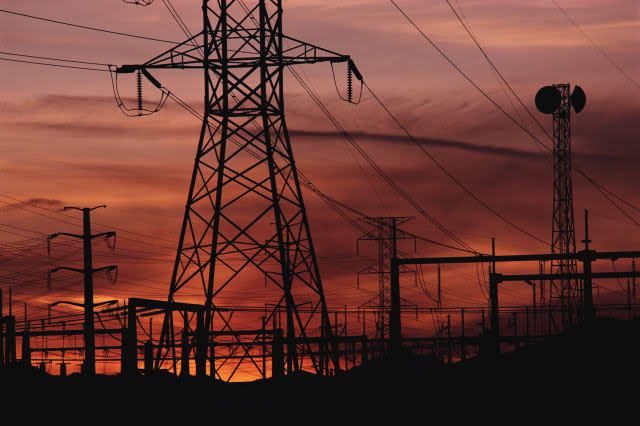Are you being ripped off by energy firm gamble?

Your energy firm may be ripping you off in ways you have never even considered.
You might think you are aware of all the ways in which you're being overcharged for energy, but one expert has identified another hidden rip off lurking within the operations of a number of the biggest suppliers. It comes down to the way they buy their energy.
There are a number of rip offs that we are all well aware of. One of the most contentious hit the headlines at the beginning of the year, when even Ofgem agreed that people were being overcharged by companies keen to hike prices swiftly at times of rising prices - and far less keen to pass on savings as prices fell.
We also know that there are endless tricks played with tariffs in order to get us to pay more. This includes everything from running an enormous number of tariffs in order to bamboozle people into staying put on a pricey one, to putting vulnerable people onto pre-payment meters, with horribly overpriced charges.
However, a new energy provider says there's yet another way some of us may be being ripped off - because we are paying the price when energy companies gamble on the price of wholesale energy.
Trading inefficiencies
Bulb co-founder Amit Gudka explains: "In the traditional model, you have power generators and you have suppliers, and the trading desks operated by the suppliers are responsible for buying power on behalf of the consumer. The trading desks should predict consumption based on their customer portfolio and buy energy at the best available price."
"However, some trading desks operated by suppliers take speculative risks in order to try to make money through the trading process. When this succeeds, the profit is passed onto shareholders: where they lose out, the trading losses are passed onto their consumers through high prices. These trading desks aren't operating in the interests of consumers at all."
He explains that when renewable energy company Bulb was founded, they ruled out speculative trading. He says: "We took a completely different approach, so we don't trade speculatively, we buy power more efficiently, and can therefore sell renewable energy at a lower price."
Whether or not you have any interest in renewable energy, it's worth finding out how your supplier buys its energy - and consider whether you're happy with your cash being squandered this way.









